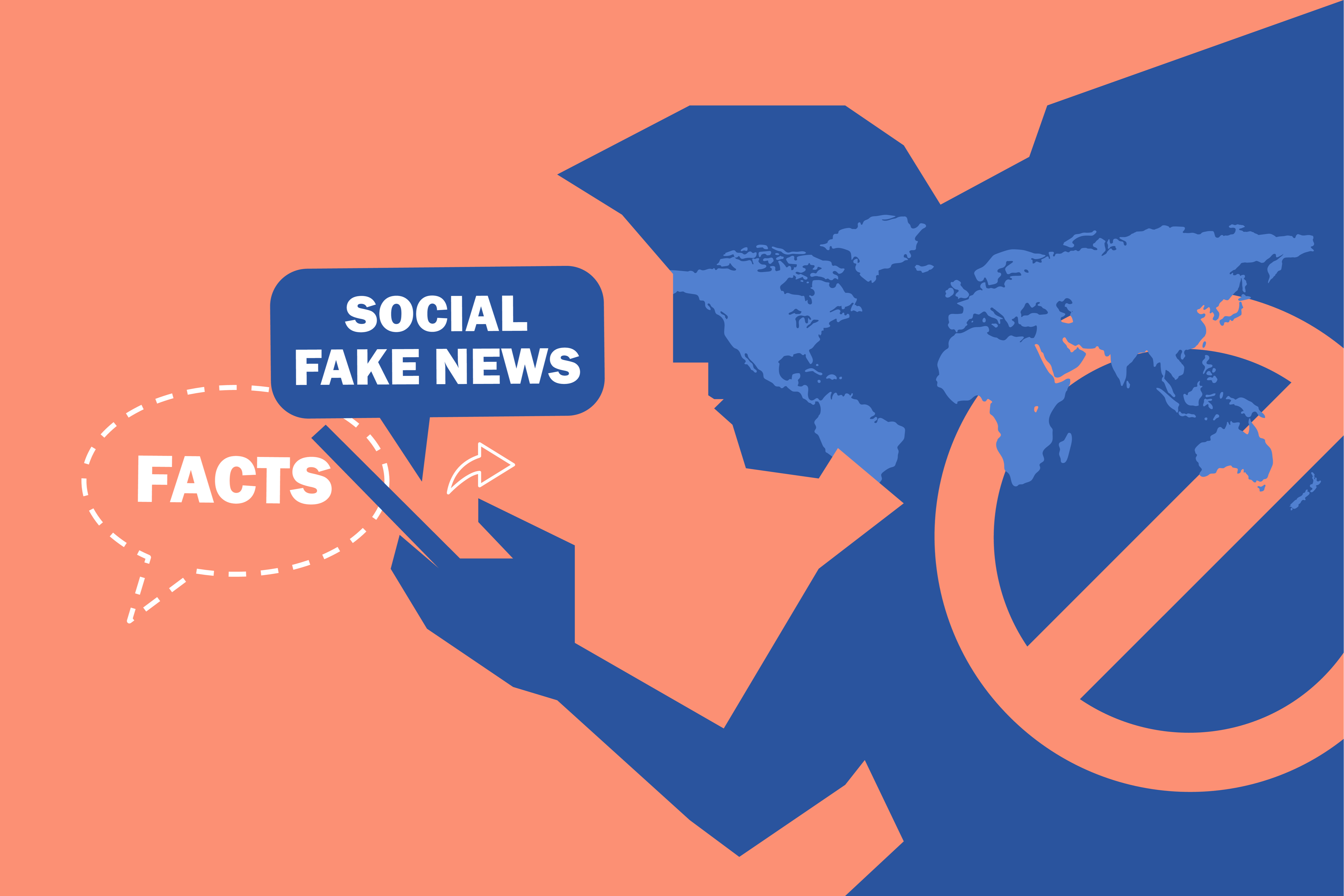by Mudasar Faiz Memon 10 June 2023
In recent years, the proliferation of fake news and disinformation has become a global concern, with the rise of social media platforms acting as breeding grounds for the spread of misinformation. Pakistan is no exception, as it grapples with the pervasive problem of fake news, which has the potential to create widespread social and political unrest. This article explores the pandemic of fake news and disinformation on social media in Pakistan, highlighting its impact on society and the urgent need for countermeasures.
The advent of social media platforms has transformed the way information is disseminated and consumed. While social media has its merits, its unregulated nature allows false information to spread rapidly and widely. Pakistan, with its sizable population and increasing internet penetration, has witnessed the amplification of falsehoods on platforms like Facebook, Twitter, and WhatsApp. The ease of sharing content, lack of fact-checking mechanisms, and algorithms favoring engagement contribute to the rapid dissemination of fake news.
Fake news and disinformation campaigns have been used as tools to manipulate public opinion and influence political outcomes in Pakistan. Malicious actors with vested interests exploit social media platforms to spread false narratives, incite hatred, and target specific individuals or groups. These campaigns often thrive on sensitive issues such as religion, ethnicity, and nationalism, exacerbating existing societal divisions.
The widespread circulation of fake news has significant consequences for society. Misinformation regarding health-related matters, particularly during the COVID-19 pandemic, can lead to panic, hinder the adoption of preventive measures, and endanger lives. False rumors about vaccines, for instance, have fueled vaccine hesitancy, hindering the country’s efforts to combat the virus. Additionally, fake news has the potential to spark communal tensions, leading to violence and unrest.
Moreover, the erosion of public trust in traditional media outlets is a byproduct of the fake news epidemic. When people are constantly bombarded with misleading information, they become skeptical of all sources, including legitimate news organizations. This skepticism erodes the foundation of a well-informed and democratic society, as citizens struggle to distinguish between facts and fiction.
Addressing the pandemic of fake news and disinformation requires a multi-pronged approach involving various stakeholders, including social media platforms, government agencies, civil society organizations, and individuals themselves.
Social media platforms must take more responsibility by implementing stringent fact-checking mechanisms and algorithms that prioritize accurate information. Collaborations with independent fact-checking organizations can help identify and label misinformation. Platforms should also ensure greater transparency in advertising policies to prevent malicious actors from manipulating algorithms for their benefit.
Government agencies should develop comprehensive legislation to combat fake news, while also protecting freedom of speech. Such legislation should define the responsibilities of social media platforms, establish channels for reporting fake news, and impose penalties for those who deliberately spread misinformation.
Civil society organizations play a crucial role in promoting media literacy and critical thinking skills. Educational campaigns can empower individuals to discern between reliable and fake news sources. Fact-checking initiatives, workshops, and seminars can enhance public awareness and build resilience against the impact of misinformation.
Individuals must take personal responsibility for verifying information before sharing it. Promoting media literacy, questioning the source and credibility of content, and encouraging open dialogue can collectively contribute to countering the spread of fake news.
The pandemic of fake news and disinformation on social media in Pakistan poses a significant threat to society, public discourse, and democratic processes. It is imperative for social media platforms, government agencies, civil society organizations, and individuals to collaborate in curbing.

